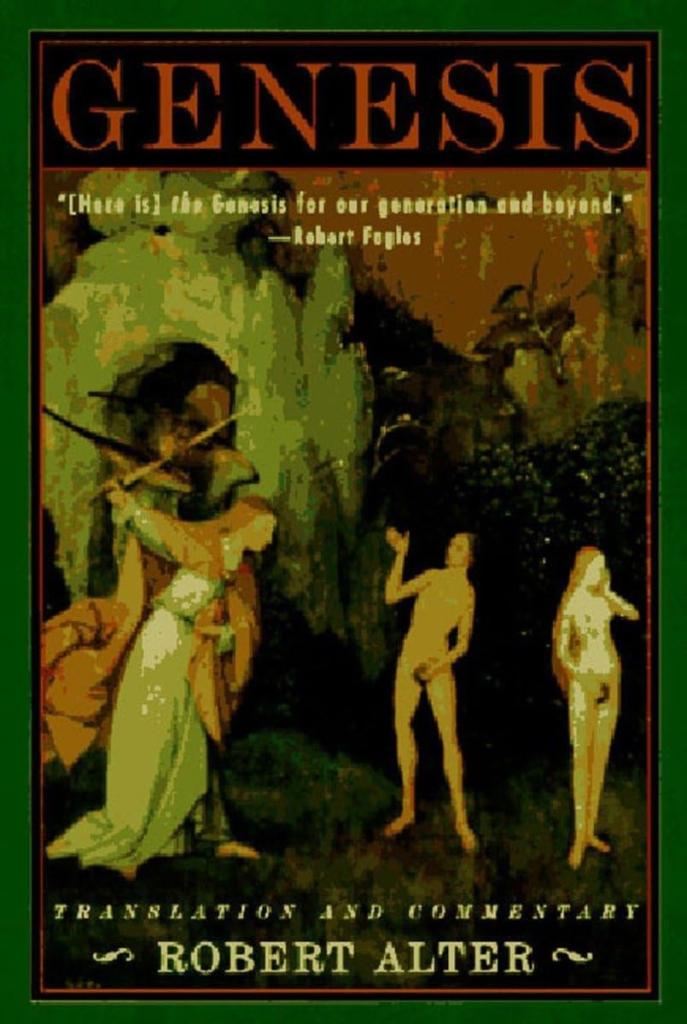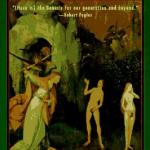One thing you notice right away from Alter’s various translation volumes, is they all have not only textual notes, but also commentary, on page after page. Not a full fledged commentary like in a study Bible, but if one follows the advice of Alter to let the translation simply tell us what the original language text actually says, and leave the explaining of the meaning to commentary, then I suppose ever Bible would need to become a study Bible of sorts. For example, many translations do not include all the waw consecutives, in prose texts. by which I mean they leave out some of the ands, because so many narrative sentences in Hebrew indeed begin with ‘and’. But Alter’s point is by doing this you are not only leaving the reader without the sense of a consecutive flow of thought that is connected, rather than a series of independent thoughts, but in addition you may be altering the original meaning of the text as well. Even the most literal translations, apart from Alter, do have such omissions. A second point he makes is about a word like zera which literally means seed, and is used both literally and figuratively of human semen… as in the story of Onan who refused to impregnate a certain relative, deliberately avoiding the duty of the levir. Alter says that by translating the word as offspring, when in non-human contexts it can’t possibly mean that, one loses the sense of how human ‘seed’ like seeds we plant cause something to come to life in the right sort of contexts, never mind the fact that Paul in Galatians talks about Jesus as being THE SEED of Abraham, as if the noun referred to a particular individual descendant of Abraham. Or consider Alter’s example of the Hebrew word nahal. Now this word literally refers to a stream bed which indeed becomes a roaring creek or stream in the rainy season, but a dry wadi in the dry season. Should we really be translating the word with ‘stream’ when more often than not it is a dry wadi?
Poetry presents an especially clear case of how impoverished the lexicons can be. Alter puts it this way: “The instance of the poetry of Job, with its unusual number of words not found elsewhere in Scripture is instructive…the Job-poet in his powerful impulse to forge a poetic imagery that would represent humankind, God, and nature in a new and even startling light, draws on highly specific language from manufacturing processes, food preparation, commercial and legal institutions which would never be used in biblical narrative. The plausible conclusion is that the Hebrew of the Bible is a conventionally delimited language” [particularly in the prose narrative sections pp. xxii-xxiii].














